
Journey to Freedom
When we believe Hashem will redeem us and we work to hasten redemption by spreading emuna, we move forward in our journey to freedom.

A central mitzvah of Passover is to recount the story of the Exodus of the Jewish People from slavery under Pharaoh to freedom. Why is it so important to relate the details of the bondage, the plagues, the Exodus, and the Redemption each year? The answer is because we relive the drama in every generation in our own lives. The journey is different for each of us in that it involves our personal relationship with the Creator of the world. To begin, let us first define freedom according to Judaism. Freedom is the ability to transcend the animalistic lusts and desires of the body and tame or channel them to fulfill our spiritual potential. Keeping this definition in mind, I hope you, the reader, enjoy the journey to freedom.
The geographical Egypt has a spiritual connotation. Mitzrayim (Hebrew for Egypt) is related to the word meitzarim, which means “limitations” or “boundaries” and refers to a “constricted mindset”. We are in exile when our mindset is so narrow that we focus only upon ourselves and the feel-good needs of our ego. We become shackled by bodily lusts and desires and lose sight of Divine guidance and His moral and ethical compass. Then it becomes difficult to focus upon what is significant in life. This loss of direction ultimately results in negative behaviors of an inflated ego, involving complaining, blaming, ingratitude, anger, frustration, selfishness, lust, and a persistent feeling of lack.
This is how we separate from G-d because we fail to move beyond or transcend our senses. We fail to develop our spiritual awareness to see Him as the Conductor beckoning us to grow and to break out of 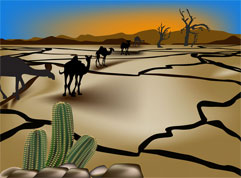 our self-imposed “smallness”. This type of existence is defined as Egypt—devoid of a spiritual sense of G-d, of the need to take responsibility for our actions, and of the ways in which we can assist others. Just to be clear, the boundaries we transcend should not be confused with boundaries that we surely need to set in order to respect the privacy and right of others.
our self-imposed “smallness”. This type of existence is defined as Egypt—devoid of a spiritual sense of G-d, of the need to take responsibility for our actions, and of the ways in which we can assist others. Just to be clear, the boundaries we transcend should not be confused with boundaries that we surely need to set in order to respect the privacy and right of others.
Our Patriarchs—Abraham, Isaac, and Jacob—were intrinsically connected to G-d by way of pure middos (character traits), but their knowledge of G-d was limited to Elokim—G-d’s attribute of discipline, strictness, and judgment. They were not privy to experiencing the full range of His kindness because they were not prepared to enter the land of Israel, having not yet been exposed to exile. Our forefathers and foremothers trusted G-d implicitly and never questioned Him, for emuna was built into their DNA. Their emuna, however, was of a peripheral nature that had not yet been tested nor completely internalized.
When Moses’ generation entered into the drama, the stage was set for a twist to the plot. Moses began to doubt G-d when He allowed Pharaoh to increase the suffering of the Jewish People, and Moses asked the famous question, “Why have you dealt badly with these people?” This is when Moses used his intellect to allow for skepticism and distrust to enter the picture. G-d’s response was very telling. He replied, “Ani Hashem” (“I am Hashem”), with reference to His attribute of kindness and compassion. What this meant was that G-d’s increased strictness was a precursor to His mercy and a necessary part of the Redemptive process. This is a lesson for us on both a personal and a collective level. An increase in darkness occurs right before the dawn.
What the Almighty G-d was and is teaching us now is to believe in Him fully and be aware that there is a silver lining in the necessary hardships we all go through. When we strengthen our emuna to be able to delay gratification and trust in Divine Timing, we can use our challenges to work on ourselves and prepare for salvation. When we can demonstrate to G-d that we are with Him, that we believe with full confidence in the fulfillment of the Divine promise of Redemption and are working to hasten it by spreading emuna, then, we move forward in our journey to freedom. Our job now is to concentrate on permeating every fiber of our being with the power of emuna and with the knowledge that G-d is good and is working for our benefit.
What is our goal in journeying with emuna? Our goal is to unite the heart-centeredness of the Patriarchs with the wisdom of Moses and the lessons of Passover so that we align our hearts and our minds to do G-d’s will and to believe He is leading us to the geula (Redemption), both personal and global. The current exile is designed so we garner respect as the Jewish nation. When we rise above the limitations of our logical thinking and trust with all our hearts in G-d’s Plan, His goodness, and the Torah, we can return to Him with love, devotion, joy, harmony, and a sense of calm. When the intellect and the heart both accept what the soul knows to be true, we acquire da’as (spiritual awareness) expressed by way of the mitzvos that link body and soul.
The Plague of Hail, according to our sages, was the most powerful of the first seven plagues in demonstrating to both Pharaoh and the Jewish People the power of the unification of opposing forces. Hashem unified two opposites—fire and ice—(representing emotion or passion and intellect). The hail destroyed the flax and the barley. Why? They both represent inflexibility. They were not able to bend. On human terms, reluctance to hear the voice of reason and to be resistant to change, like Pharaoh, is a recipe for disaster. This one plague made Pharaoh acknowledge, for the very first time, the power of the one G-d. Since the heart and the mind often do not have the same agenda, when we can utilize our minds to transcend the natural order and trust Hashem and also feel His compassion with our hearts, then we are harnessing the most powerful energy on the planet. That energy is love. The power of the union of opposites is a factor in having good relationships, including marriage (as explained in my article, “The Rude Awakening”). The plague of hail represents the emotion of love. When we, as a people, let go of differences and embrace a common goal— unity with each other and G-d through emuna—we propel our journey forward toward peace and the ultimate Redemption of the entire world.



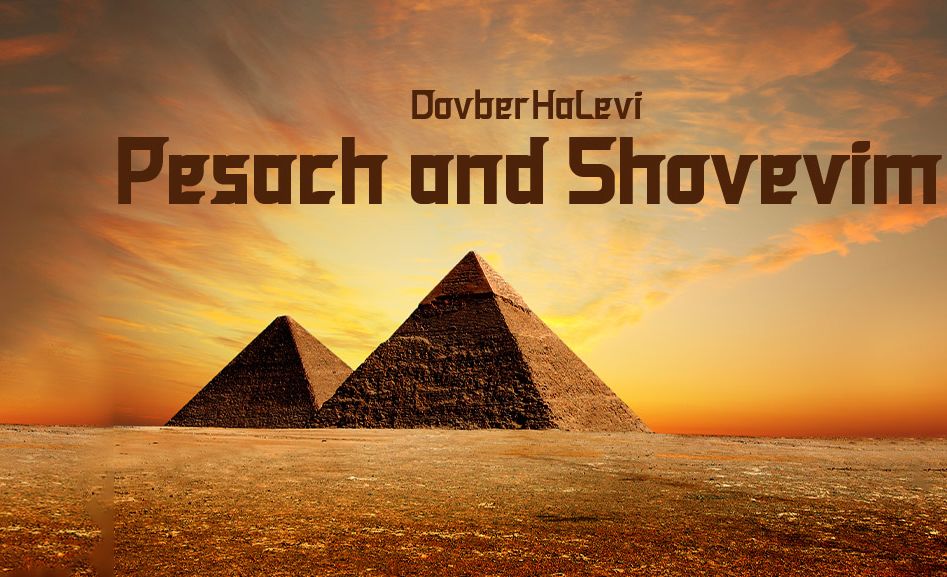

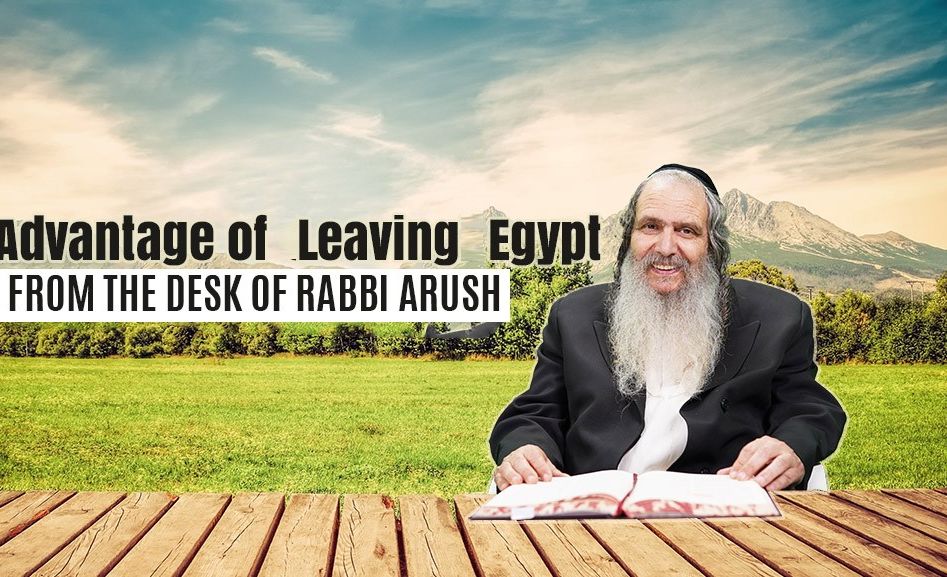
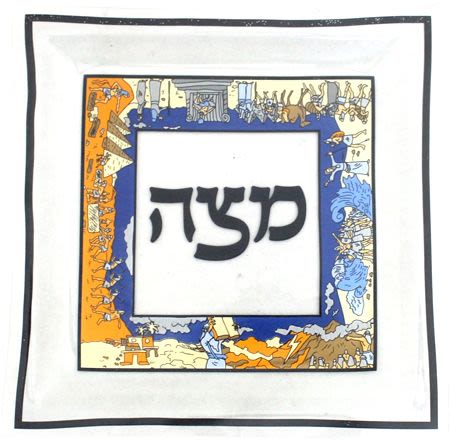
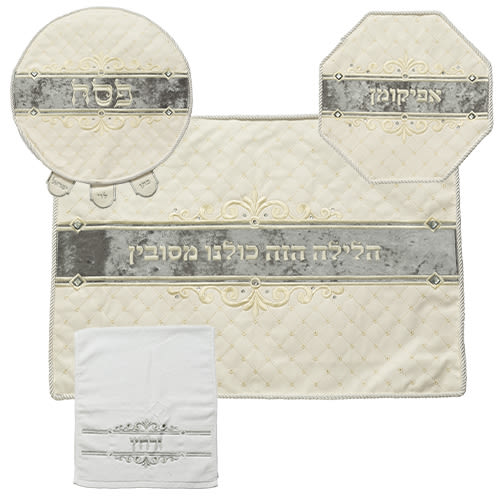
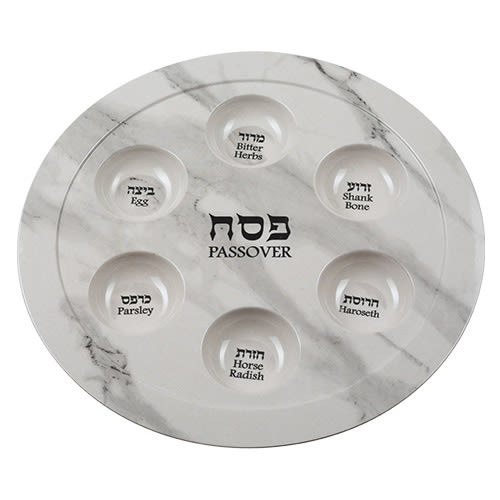
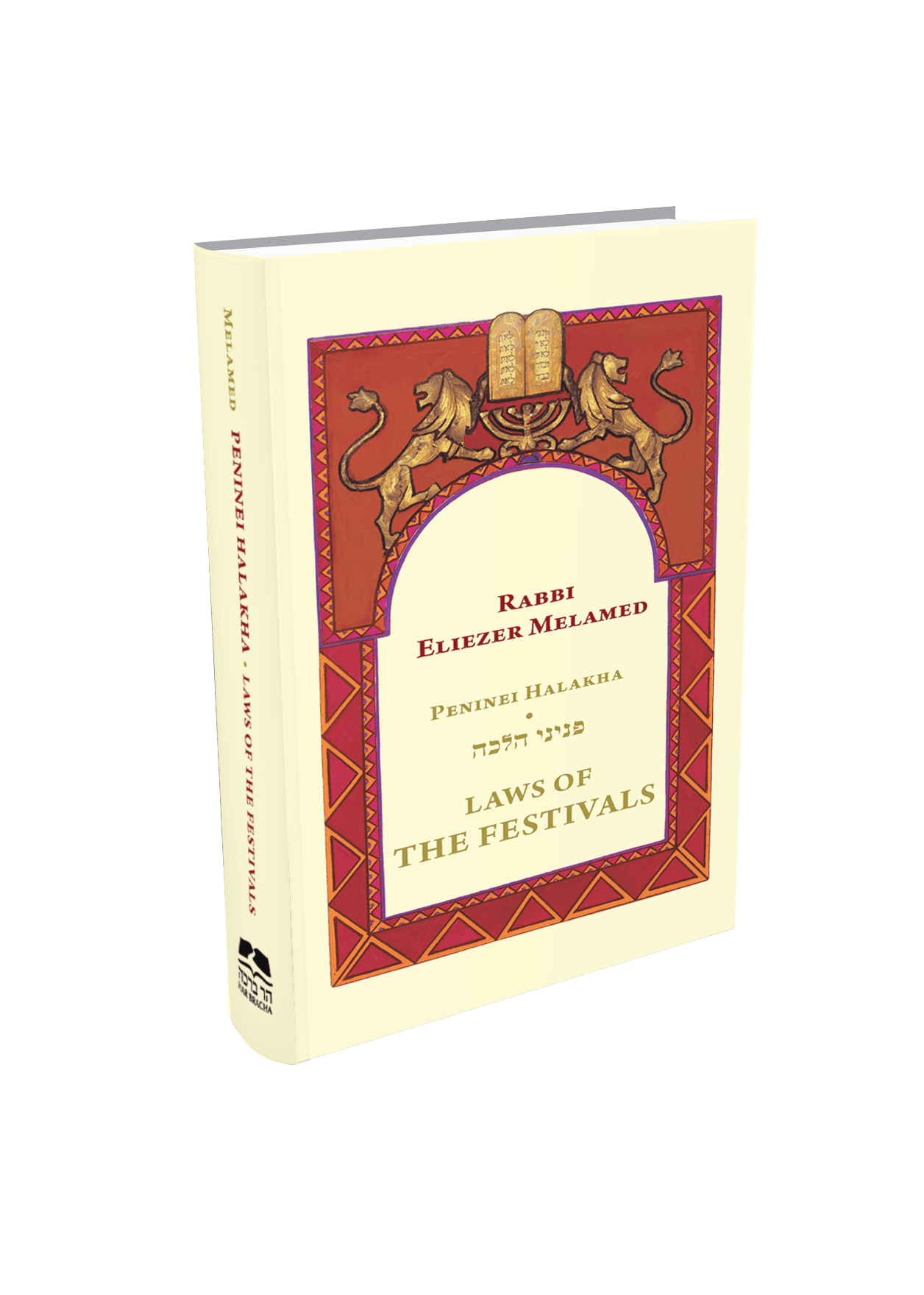
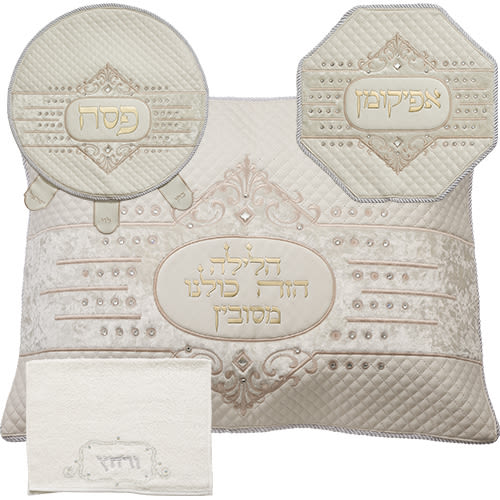
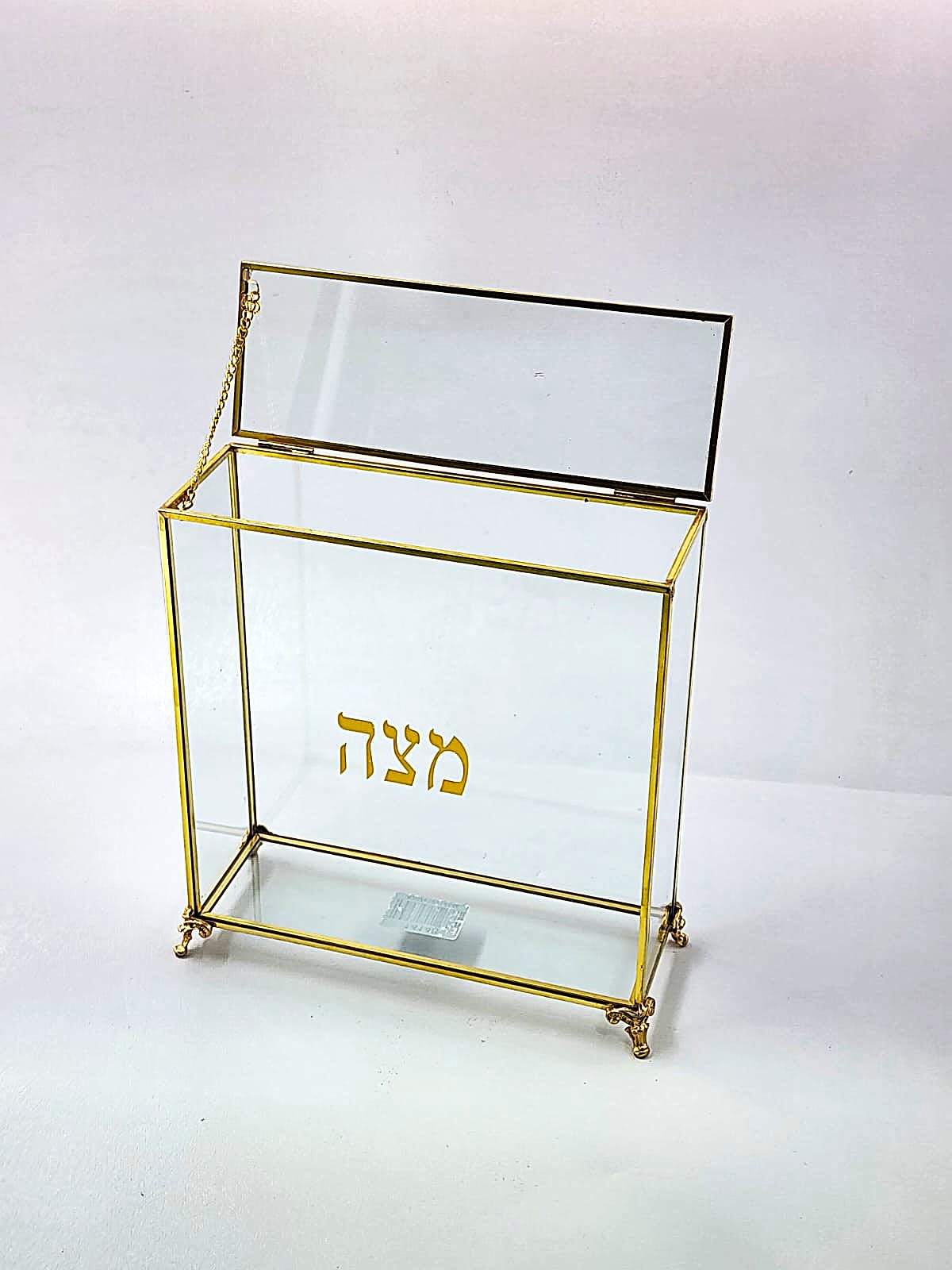
Tell us what you think!
Thank you for your comment!
It will be published after approval by the Editor.